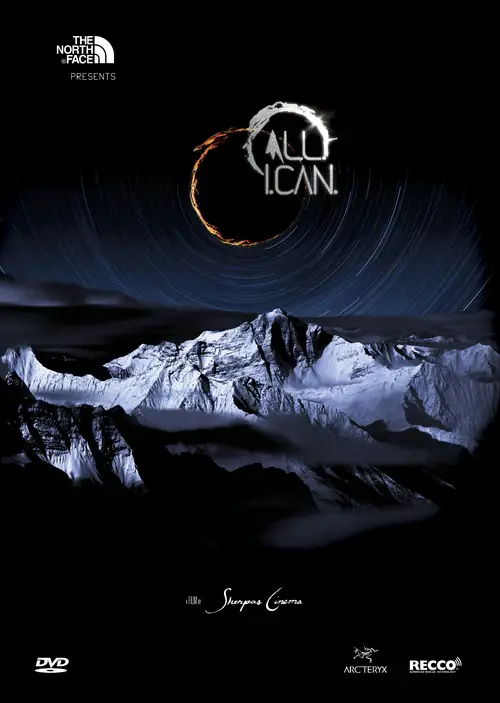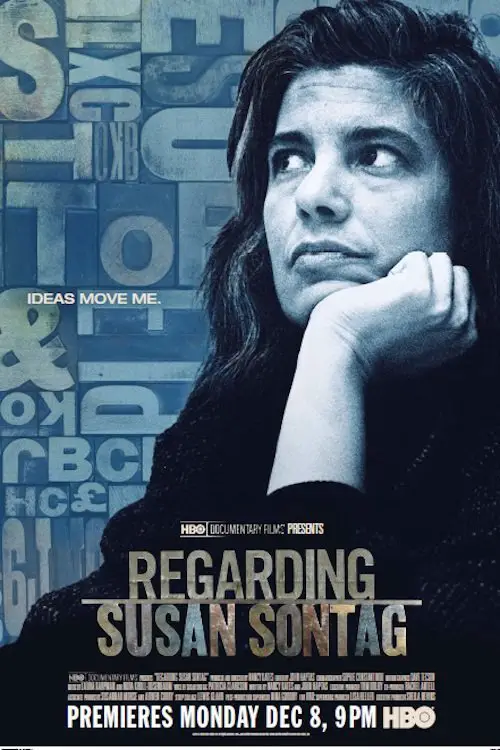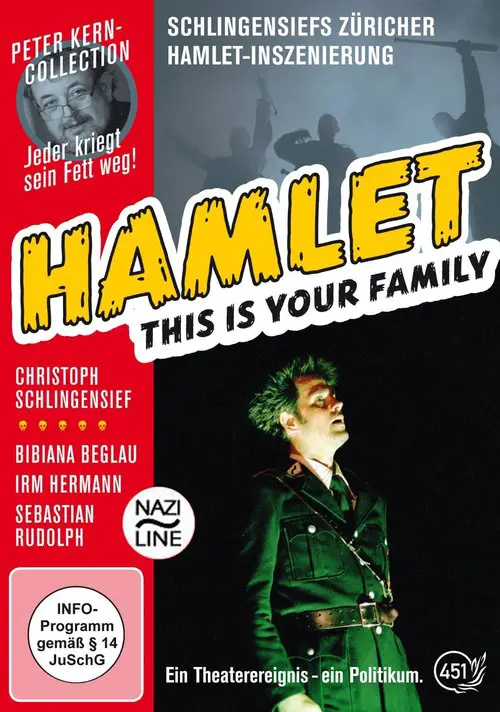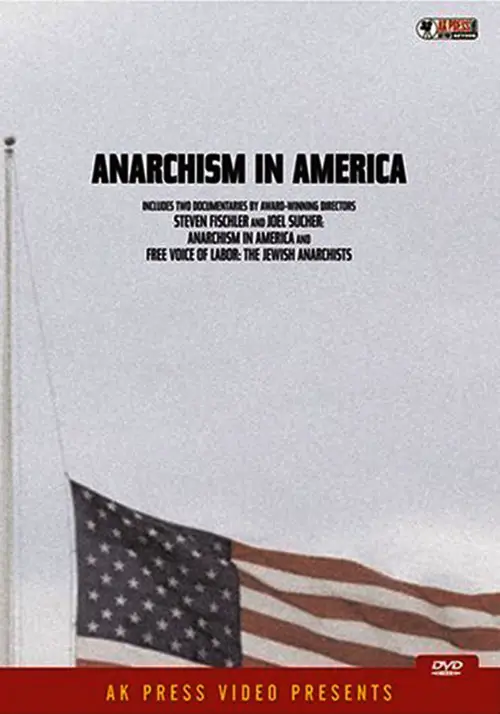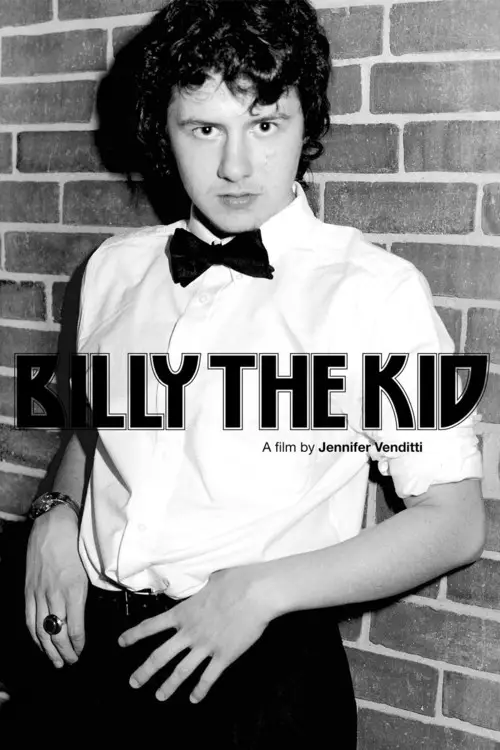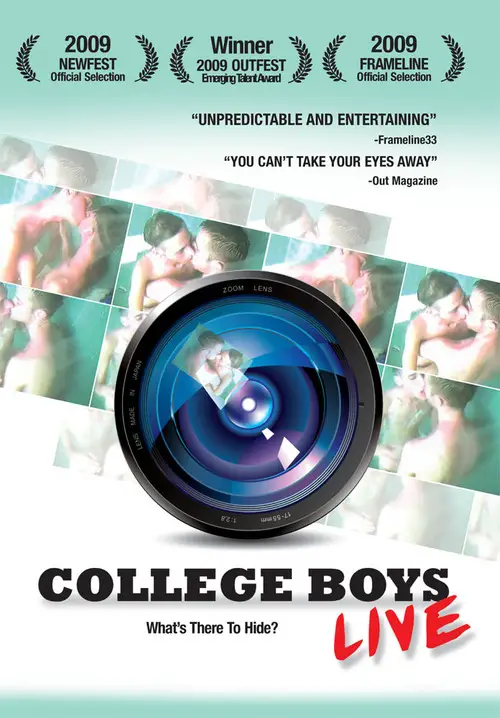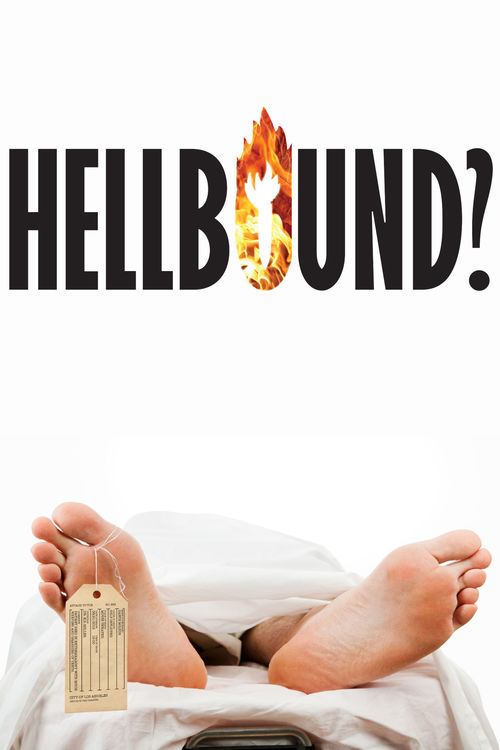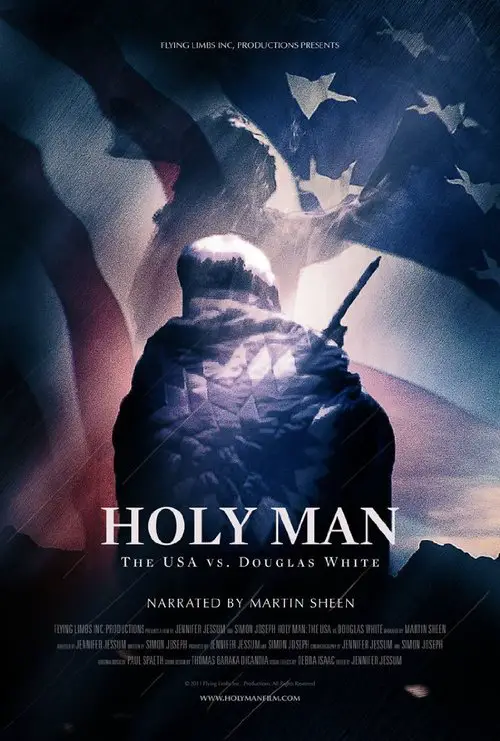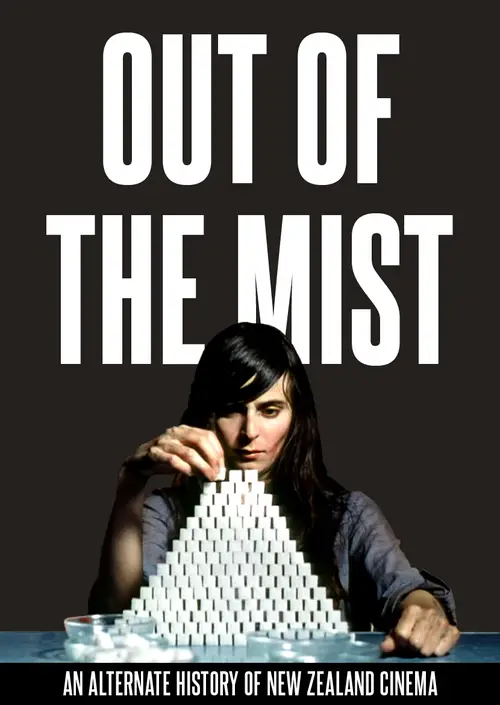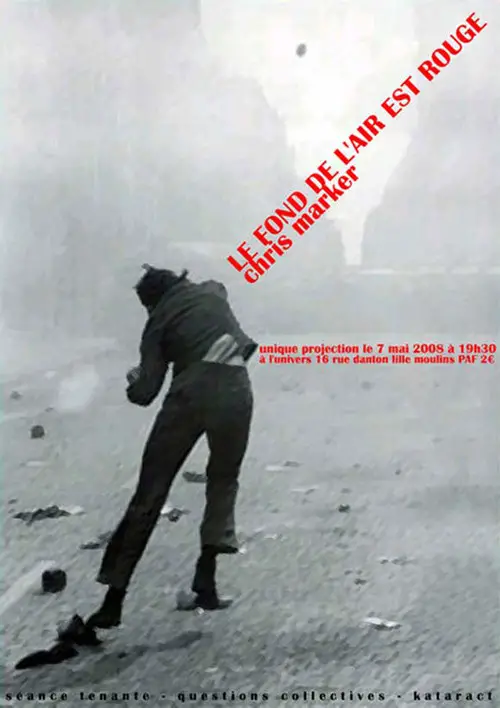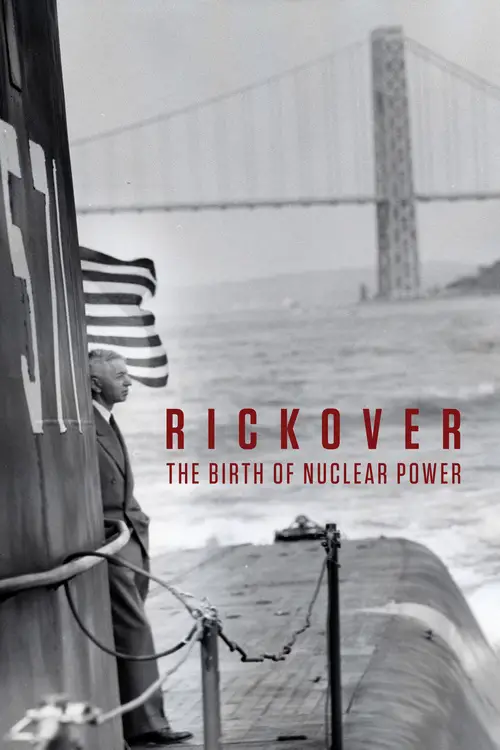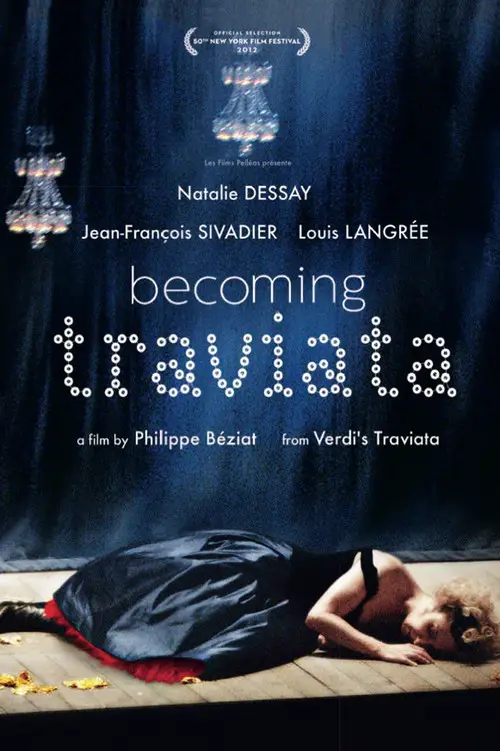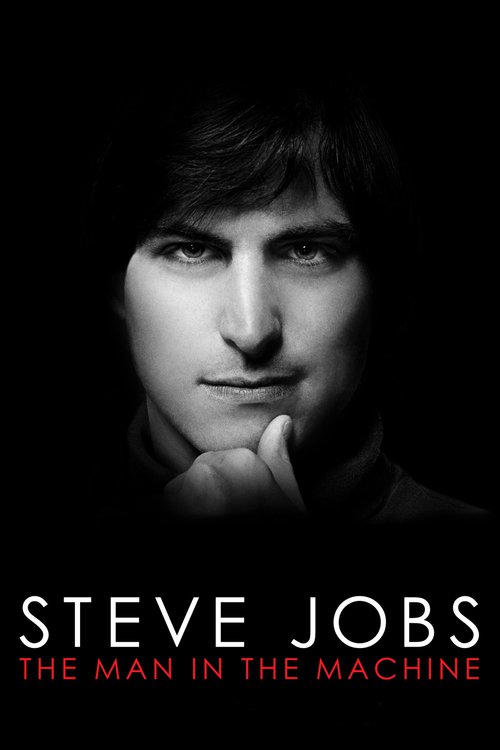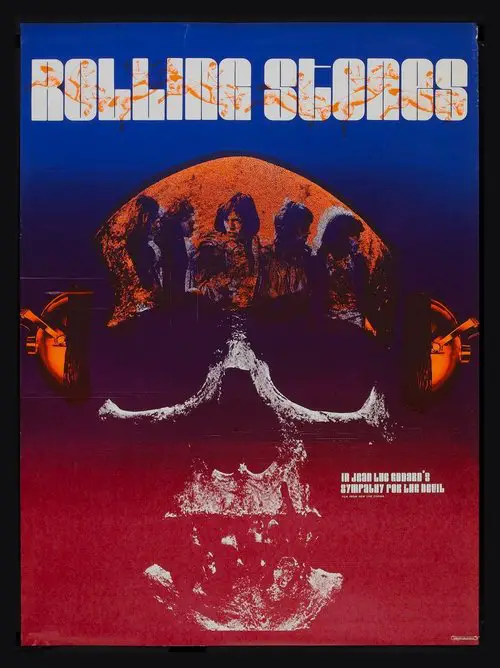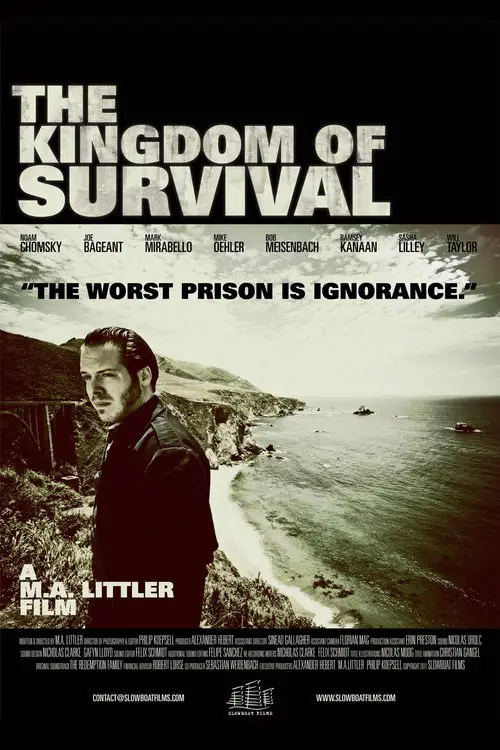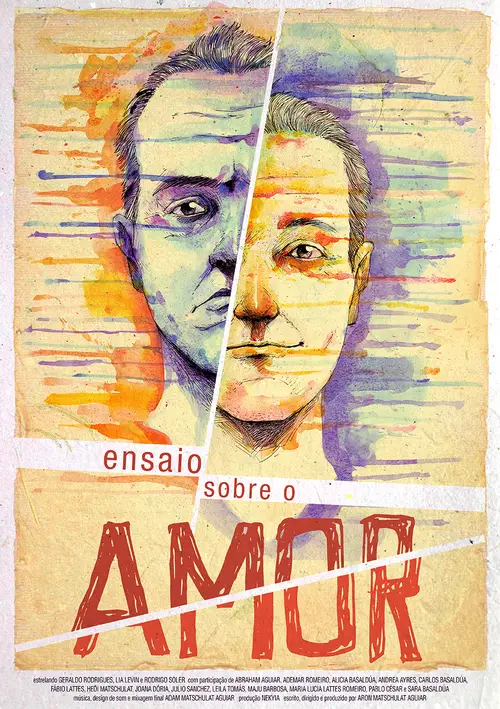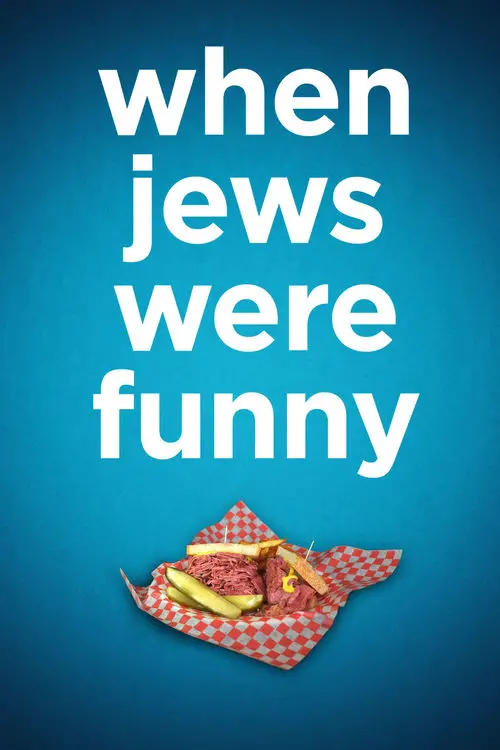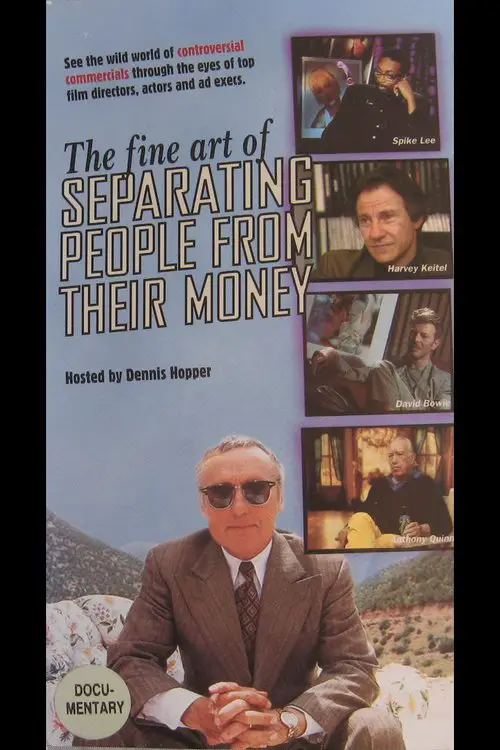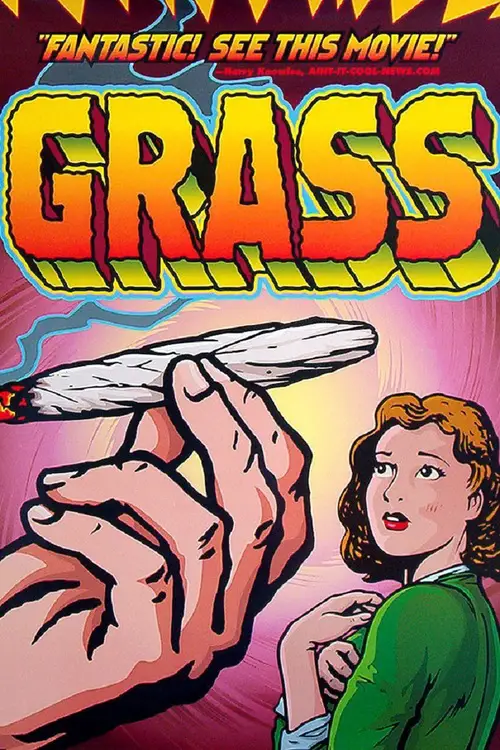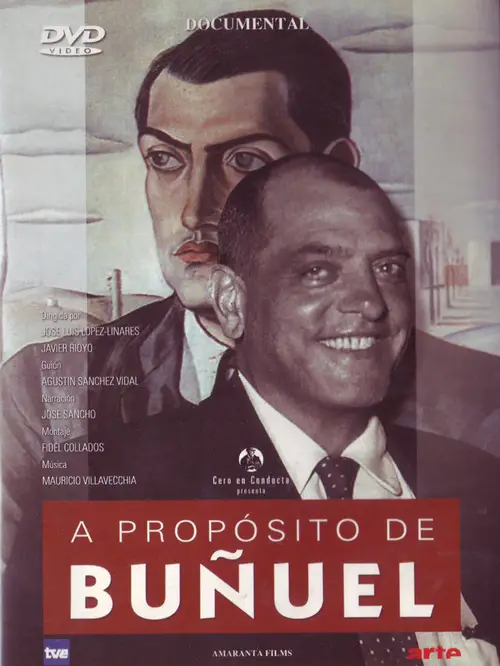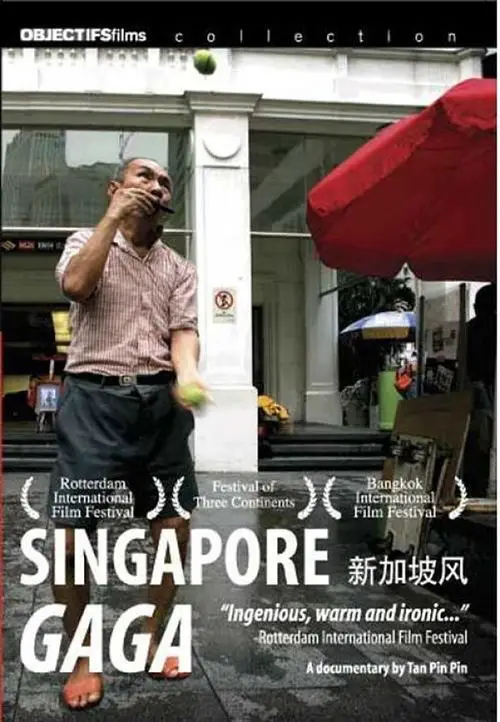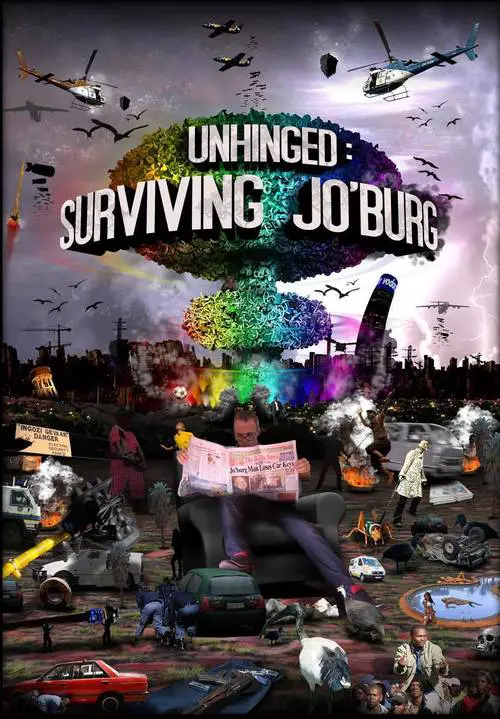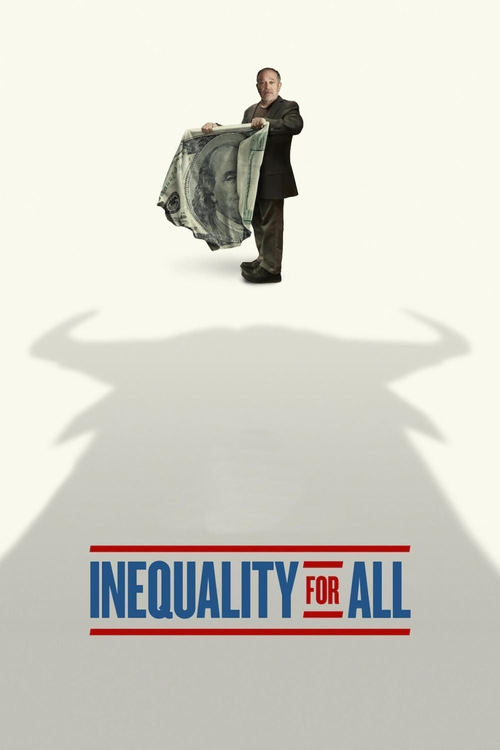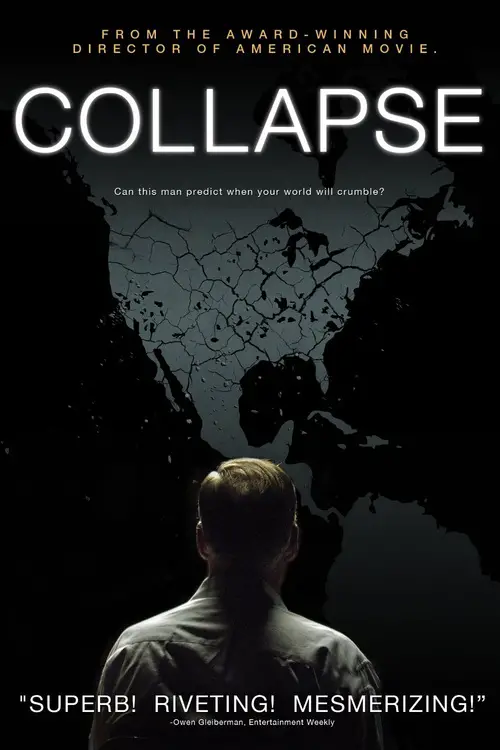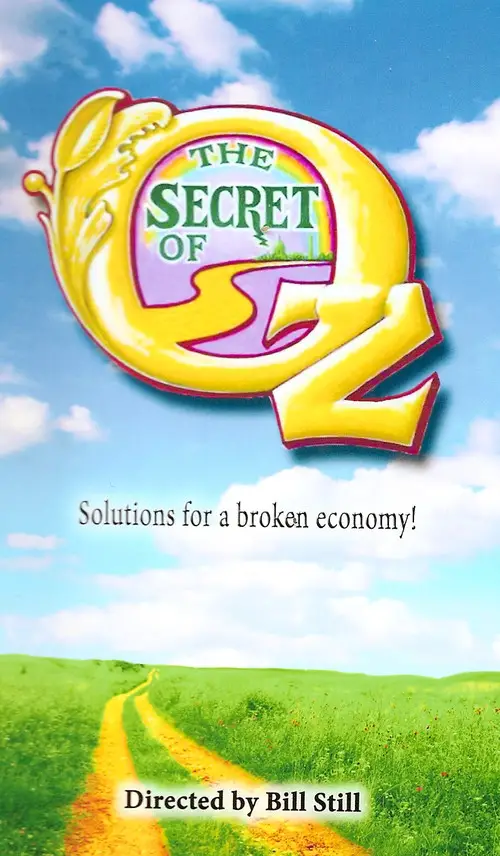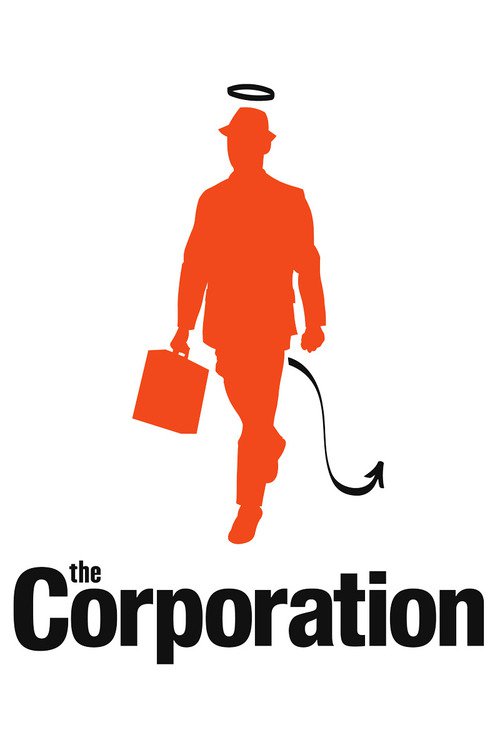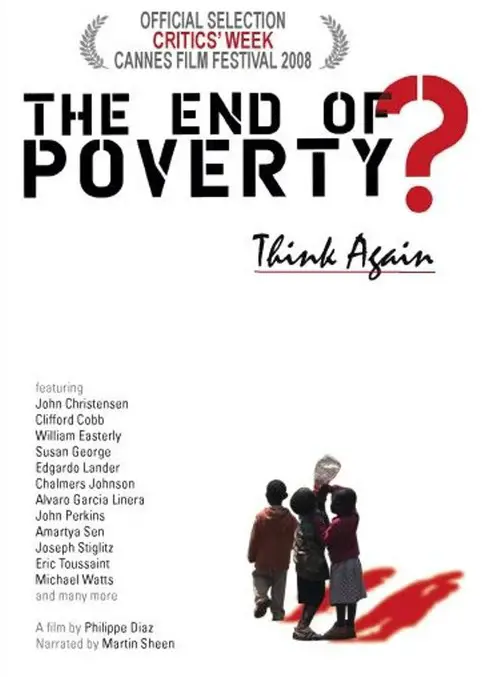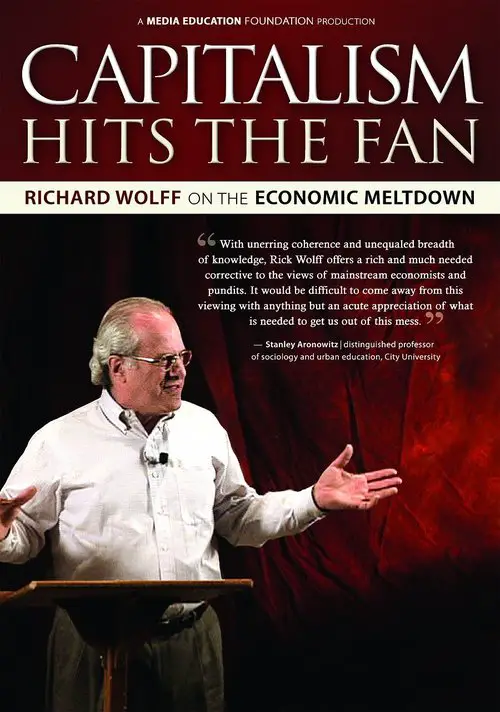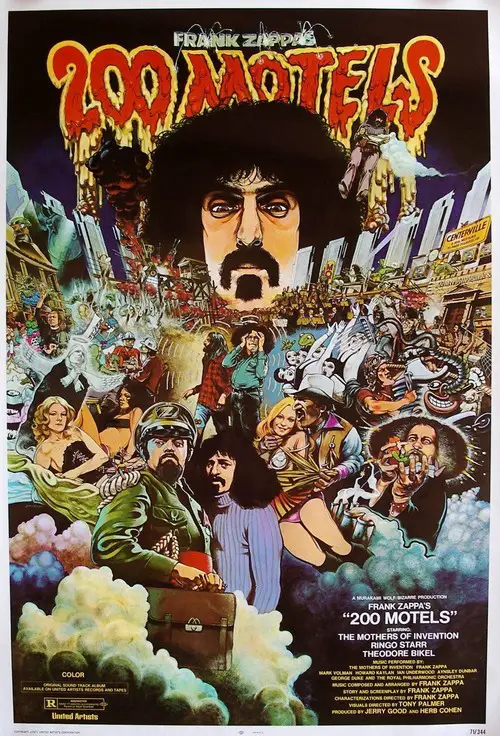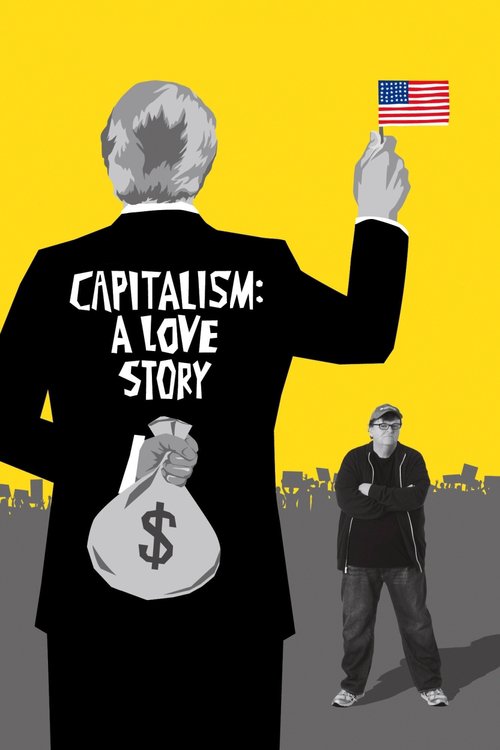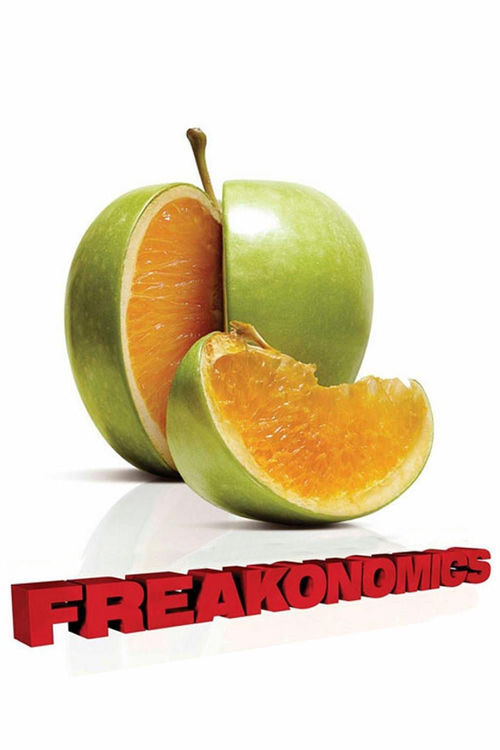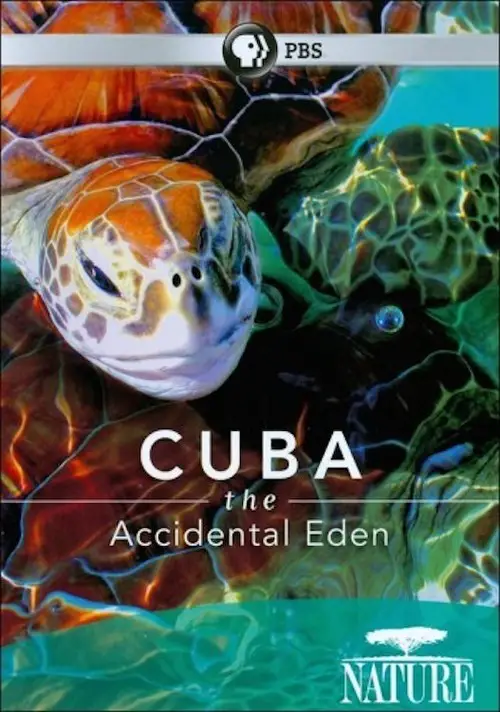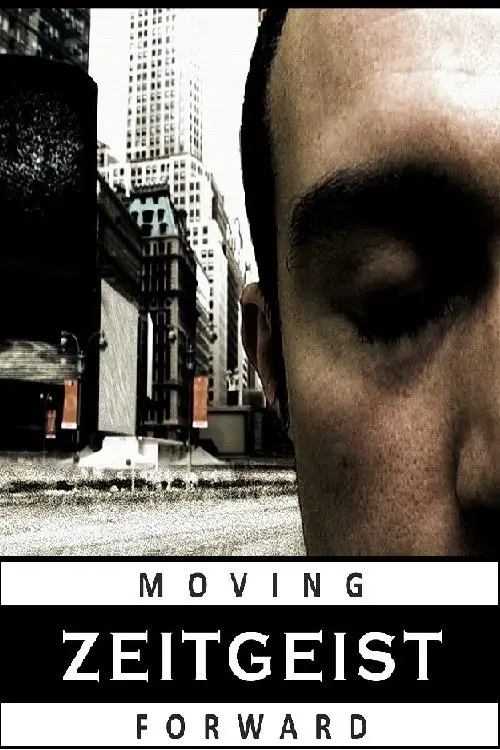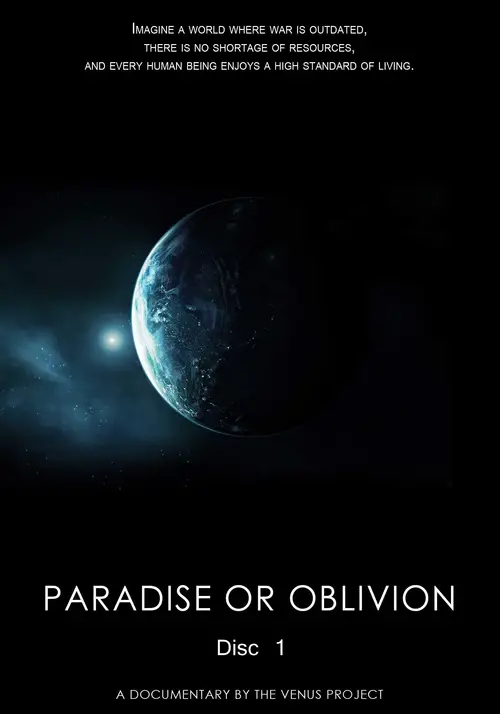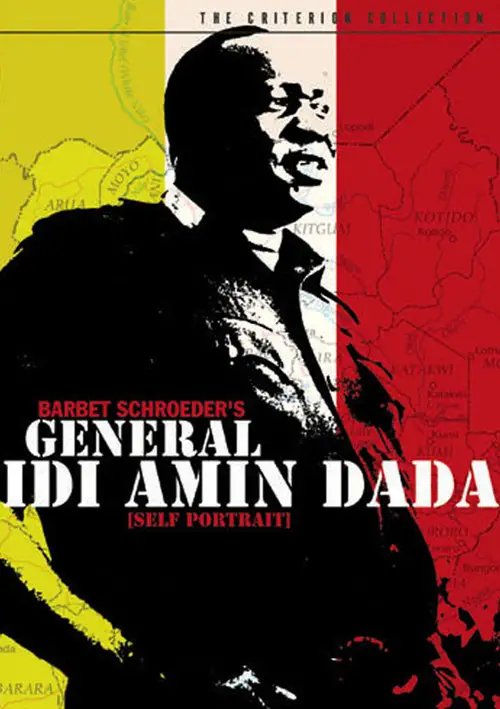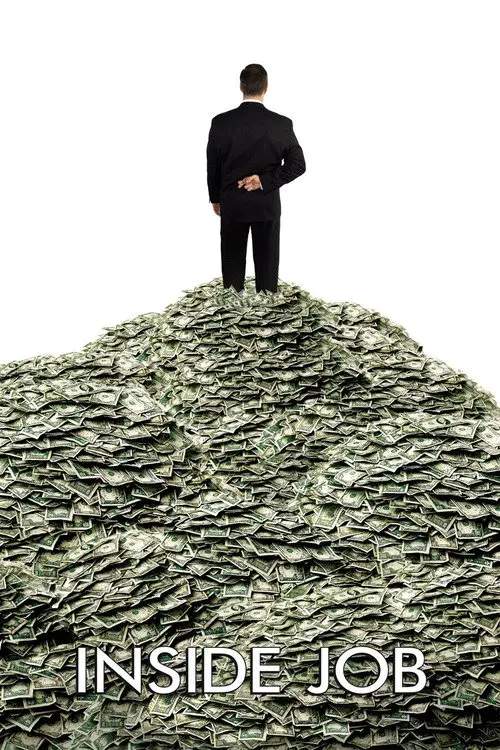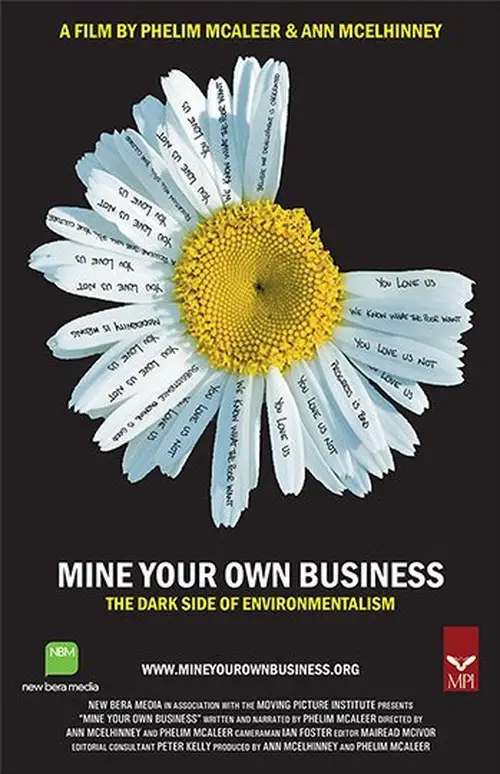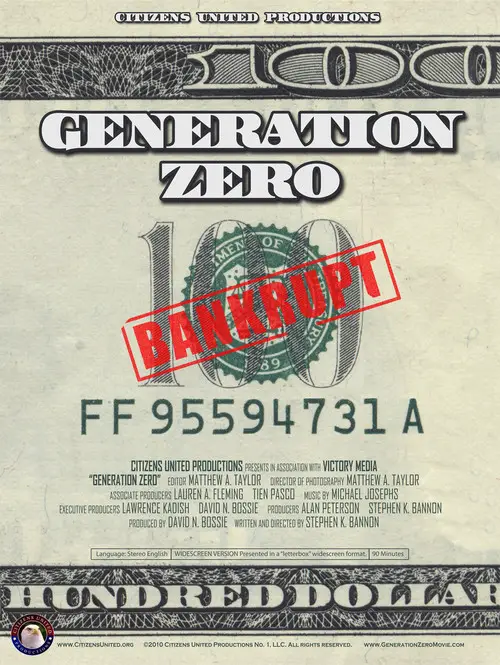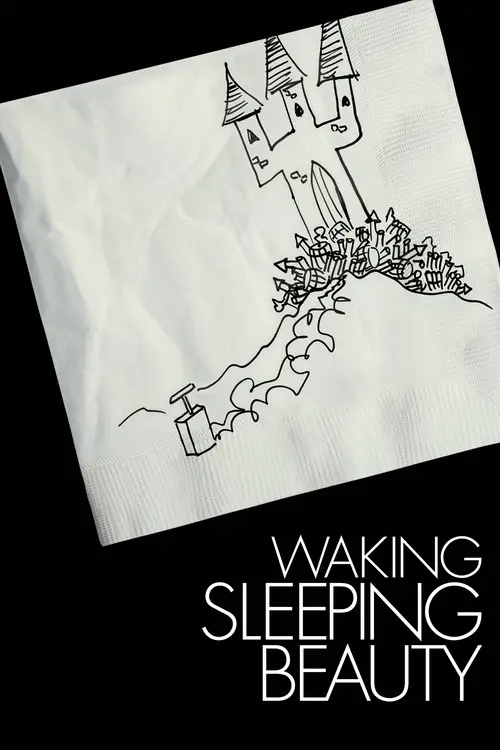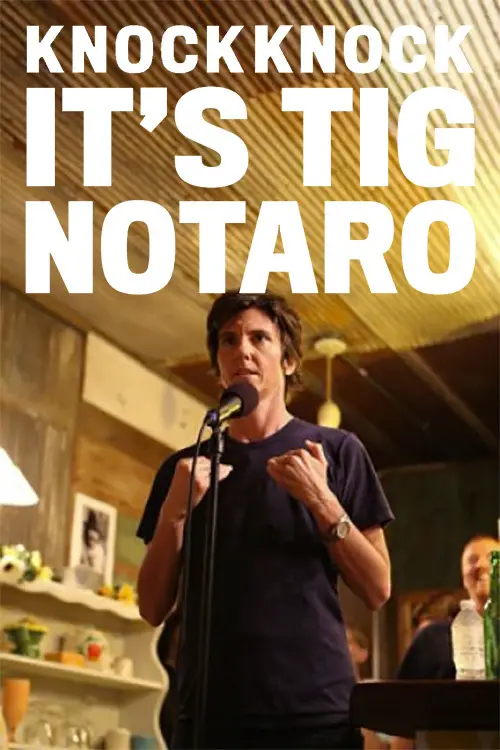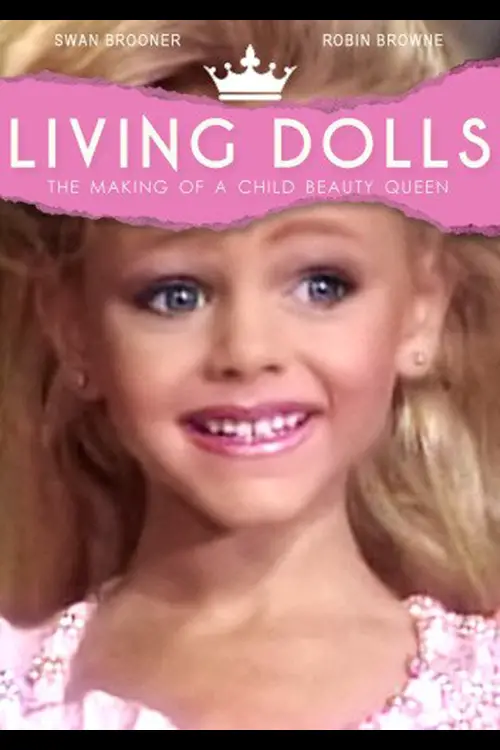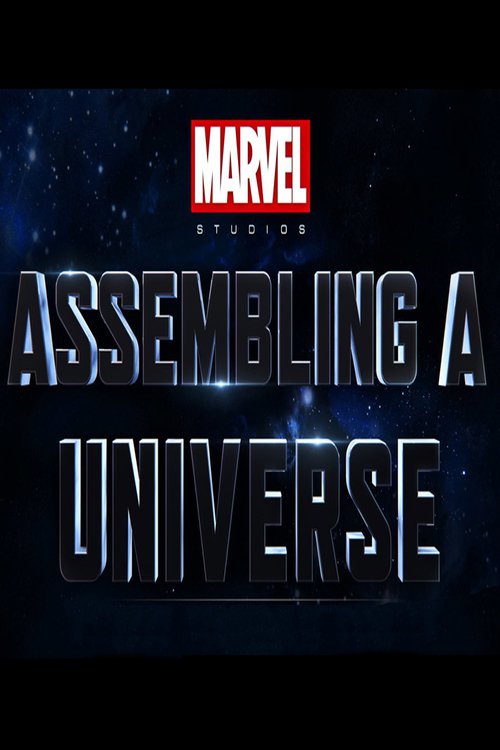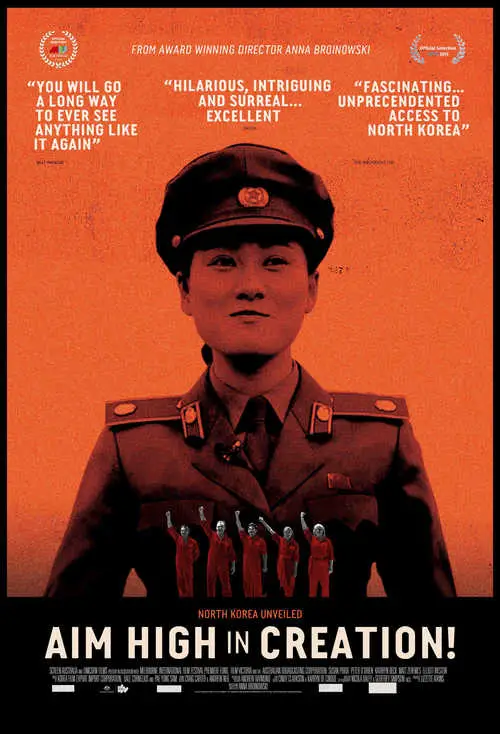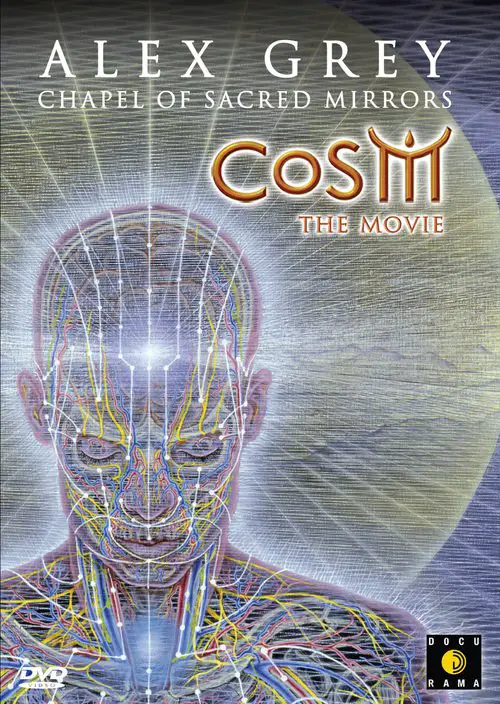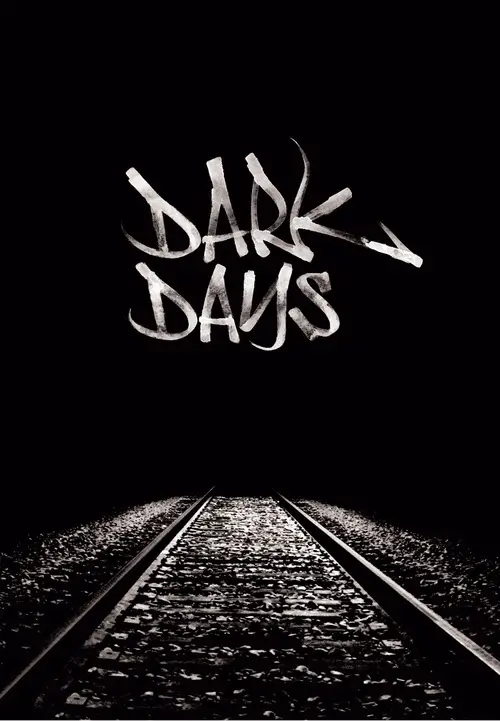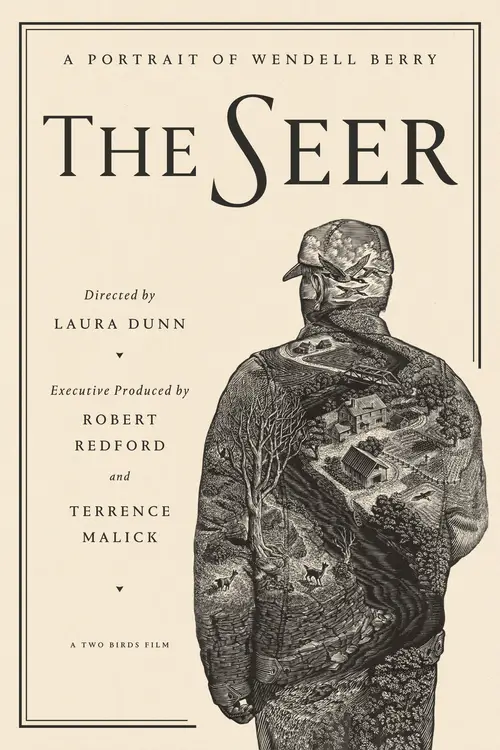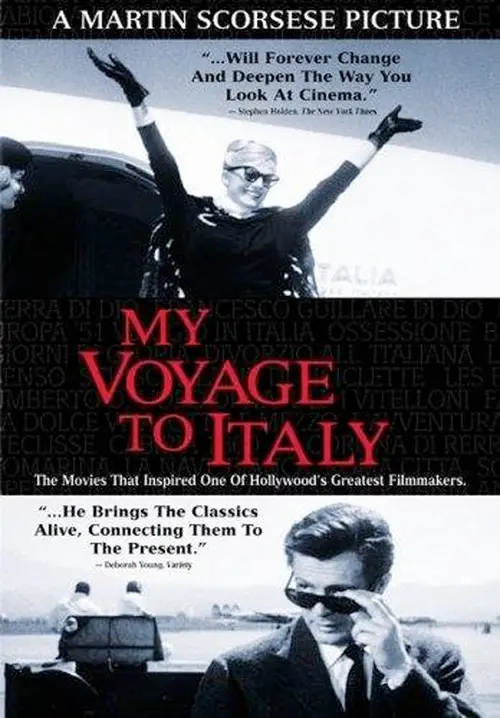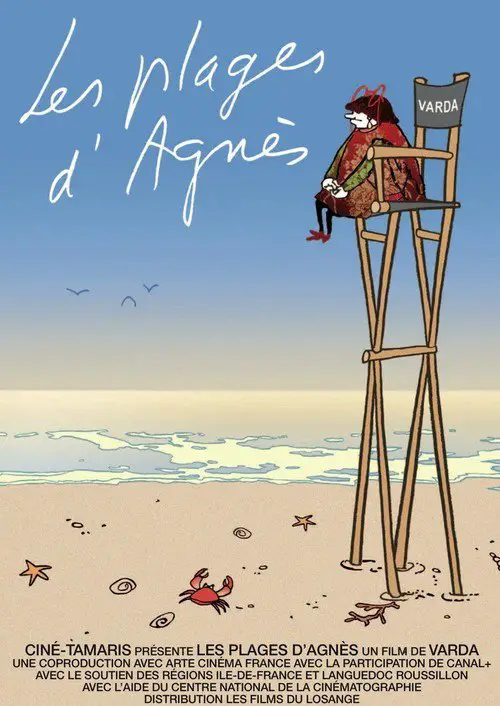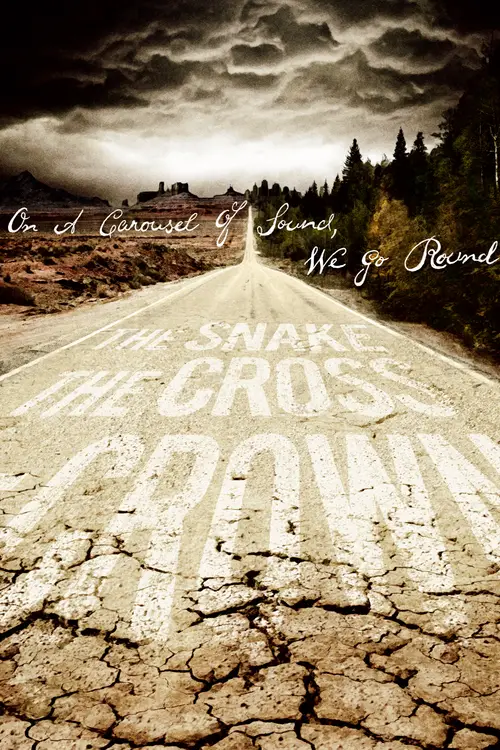Robinson in Ruins (2010)

Similar movies
Humanityâs ascent is often measured by the speed of progress. But what if progress is actually spiraling us downwards, towards collapse? Ronald Wright, whose best-seller, âA Short History Of Progressâ inspired âSurviving Progressâ, shows how past civilizations were destroyed by âprogress trapsââalluring technologies and belief systems that serve immediate needs, but ransom the future. As pressure on the worldâs resources accelerates and financial elites bankrupt nations, can our globally-entwined civilization escape a final, catastrophic progress trap? With potent images and illuminating insights from thinkers who have probed our genes, our brains, and our social behaviour, this requiem to progress-as-usual also poses a challenge: to prove that making apes smarter isnât an evolutionary dead-end.
The time has come for a ski film that stands for something. Join us as we unite spectacular cinematography with creative cinematic language to fuse our passion for skiing with our potential to help the environment. In bringing the planet to life and drawing parallels between our daily existence, we find common ground between the global situation and the real individual. Epic natural cinematography, ground breaking skiing from Chile to Greenland, and an environmental engagement that creates an accessible identification point for the viewer, leaving them with an inspiring new perspective.
Regarding Susan Sontag is an intimate study of one of the most influential and provocative thinkers of the 20th century. Endlessly curious and gracefully outspoken throughout her career, Susan Sontag became one of the most important literary, political, and feminist icons of her generation. Nancy Katesâ in-depth documentary tracks Sontagâs seminal, life-changing moments through archival materials, accounts from friends, family, colleagues, and lovers, as well as her own words, as read by Patricia Clarkson.
A provocative and ironic pamphleteering documentary about the making of Christoph Schlingensiefâs Nazi-'Hamletâ (2001). Both a media event and a form of political action Schlingensief let ex-neo-Nazis play themselves. His provocation in so-called Nazi-free Switzerland was not appreciated and when he added fuel to the flames by calling for the local political party SVP to be banned, his media offensive made front-page news far beyond Switzerland.
A colorful and provocative survey of anarchism in America, the film attempts to dispel popular misconceptions and trace the historical development of the movement. The film explores the movement both as a native American philosophy stemming from 19th century American traditions of individualism, and as a foreign ideology brought to America by immigrants. The film features rare archival footage and interviews with significant personalities in anarchist history including Murray Boochkin and Karl Hess, and also live performance footage of the Dead Kennedys.
"I'm not black, I'm not white, not foreign, just different in the mind. Different brains, that's all," explains 15-year-old Billy in Jennifer Venditti's provocative coming of age film. Following Billy as he bicycles through the quiet streets of small town Maine, we watch him traverse the frustrating gap between imagination and reality, grappling with isolation and first-time young love. By turns exhilarating and disturbing, we see the world from the intimate view of an expressive and seemingly fearless outsider.
In a quiet Orlando, Florida, suburb three young men struggle to escape the wreckage of their pasts and create new lives for themselves. Their new home is CollegeBoysLive.com, a voyeur web cam house rigged with 32 cameras, where their every move is watched by thousands of paying members. The site's creator claims CollegeBoysLive.com is simply about showing that "it's okay to be gay." But the neighbors insist it's a pornographic whorehouse and sue to have them evicted. This intimate and provocative documentary examines a complex subculture, but at its heart is the universal search for family and acceptance
Does hell exist? If so, who ends up there, and why? Featuring an eclectic group of authors, theologians, pastors, social commentators and musicians, HELLBOUND? is a provocative, feature-length documentary that looks at why we are so bound to the idea of hell and how our beliefs about hell affect the world we are creating today.
Holy Man is the story of Douglas White, an 88 year old Lakota Sioux medicine man from Pine Ridge Indian Reservation in South Dakota, who spent 17 years in federal prison for a crime he did not commit. During the making of this film, filmmakers uncovered new evidence of White's innocence and brought the case back to Federal Court. Holy Man offers a rare glimpse into the mysterious world of Lakota religion, their intimate connection to the land, and a provocative expose of the systemic injustice that Native Americans face in the criminal justice system.
Dive into the life of the father of the nuclear Navy: Hyman Rickover. Combative, provocative, and blunt, Admiral Hyman G. Rickover was a flamboyant maverick and a unique American hero. When few thought it possible, then-Captain Rickover harnessed the power of the atom to drive the first nuclear-powered submarine, the USS Nautilus, whose trip under the polar ice pack was one of the great adventure stories of the 1950s. Later, Rickover built the world's first nuclear aircraft carrier and the first commercial nuclear power plant at Shippingport, PA. Rickover's achievements made him into a national celebrity, and he appeared on the cover of Time magazine. Many wonder whether America can maintain its technological pre-eminence and whether we can still build and manage large-scale projects. To understand these issues, Rickover considers the story of the man who created the nuclear Navy as well as the civilian nuclear power industry: Hyman G. Rickover.
How can emotion come to light on the opera set? Does it come from singing, acting or music? How can someone become the incarnation of Verdi's masterpiece? Following world famous French soprano Natalie Dessay from the first repetitions until the premiere under the direction of Jean-François Sivadier, we meet a very special woman, a piece of art, a myth: LA TRAVIATA.
When Steve Jobs died the world wept. But what accounted for the grief of millions of people who didnât know him? This evocative film navigates Jobs' path from a small house in the suburbs, to zen temples in Japan, to the CEO's office of the world's richest company, exploring how Jobsâ life and work shaped our relationship with the computer. The Man in the Machine is a provocative and sometimes startling re-evaluation of the legacy of an icon.
SYMPATHY FOR THE DEVIL is an exhilarating, provocative motion picture. The Rolling Stones rehearse their latest song, "Sympathy For the Devil," in a London studio. Beginning as a ballad, the track gradually acquires a pulsating groove, which gets Jagger into a rousing vocal display of soulful emotion that Godard is lucky enough to capture on film. Showing that rock and roll is more than just partying and goofing off, SYMPATHY FOR THE DEVIL is a brilliant portrait of the creative process at its most collaborative and arousing.
The Kingdom of Survival explores modern skepticism in America, challenges the status quo and uncovers provocative links between survivalist philosophy, ecumenical spirituality, radical political theory, and outlaw culture. The audience is invited into a thoughtful conversation with the likes of Prof. Noam Chomsky, Dr. Mark Mirabello, Ramsey Kanaan, and the riveting final interview with beloved author, Joe Bageant. These unique thought leaders cast a rare shadow of doubt over our most blindly accepted American traditions.
Essay on love is, above all, an experimental film. A hybrid of fiction and documentary, it brings reality and fantasy to discuss that which is the most important thing for some, and the least important thing for others: Love. Love is actually in every place and human activity we look at: art, business, advertising, sports, entertaining, religion, education, politics, etc. What is this thing that is so present in our lives? Why we are so desperate in having, possessing, idealizing or despising love? Everyone talks about it. Creates songs about it. Declares themselves to be loving human beings... What do they mean with all of this? "Essay on love" gives you a glimpse on this subject. On how people relates themselves to the concept of love, and as a film, is an attempt to approach this wonderful thing that love is, through cinema.
From the 1930's to the 1970's, pretty well every comedian or comic you might see on TV or the movies was Jewish. Jews came to dominate the world of westernâsociety comedy on radio, stage and screen alike.Why did Jews dominate comedy in this period? And why did that domination end? Were Jews just funnier back then? And if so, did that extend to your average Jew on the street? In this 90 minute documentary acclaimed director Alan Zweig will examine these questions and many others in this exploration of 20th century humour, cultural decay, and a search for a missing heritage.
J'accuse is an 'essay-istic' documentary in which Greenaway's fierce criticism of today's visual illiteracy is argued by means of a forensic search of Rembrandt's Nightwatch. Greenaway explains the background, the context, the conspiracy, the murder and the motives of all its 34 painted characters who have conspired to kill for their combined self-advantage. Greenaway leads us through Rembrandt's paintings into 17th century Amsterdam. He paints a world that is democratic in principle, but is almost entirely ruled by twelve families. The notion exists of these regents as charitable and compassionate beings. However, reality was different.
An examination of the evolution of commercials as an artistic medium, featuring interviews with media luminaries who relate how the in-your-face stylistic conventions of commercials have influenced feature films and the visual arts. A documentary film talking about art and advertising divided in three parts: 1. Crossing Over - from cinema to ads from ads to cinema 2. Humour - How humour affects us in advertising 3. Shock - The way shock is used to sell
Marijuana is the most controversial drug of the 20th Century. Smoked by generations to little discernible ill effect, it continues to be reviled by many governments on Earth. In this Genie Award-winning documentary veteran Canadian director Ron Mann and narrator Woody Harrelson mix humour and historical footage together to recount how the United States has demonized a relatively harmless drug.
Documentary about the film maker Luis Bunuel. Surrealist master Luis Bunuel is a towering figure in the world of cinema history, directing such groundbreaking works as Un Chien Andalou, Exterminating Angels, and That Obscure Object of Desire, yet his personal life was clouded in myth and paradox. Though sexually diffident, he frequently worked in the erotic drama genre; though personally quite conservative, his films are florid, flamboyant, and utterly bizarre. This documentary, directed Jose Luis Lopez Linares, tries to illuminate some of these contradictions.
Qallunaat! Why White People are Funny is an irreverent look at Western Civilization through Inuit eyes. Inspired by the satirical essays of Zebedee Nungak, the film turns the tables on generations of anthropologists, teachers, adventurers and administrators who went North to pursue their Arctic Dreams. Now itâs their turn to be poked, prodded, examined and explained. A new generation of Inuit is ready to take on the Qalllunaat at their own game. Grounded in their own traditions but educated in the South, they have a unique perspective on the culture that has come to dominate the planet. And they are not afraid to speak their minds.
Singapore GaGa is a 55-minute paean to the quirkiness of the Singaporean aural landscape. It reveals Singapore's past and present with a delight and humour that makes it a necessary film for all Singaporeans. We hear buskers, street vendors, school cheerleaders sing hymns to themselves and to their communities. From these vocabularies (including Arabic, Latin, Hainanese), a sense of what it might mean to be a modern Singaporean emerges. This is Singapore's first documentary to have a cinema release. With English and Chinese subtitles.
Unhinged: Surviving Jo'burg is an honest, quirky and sometimes frenzied documentary about Johannesburg, South Africa's biggest city and the world's gateway to Southern Africa. With rapid narrative, dry humour, trivial factoids, insightful observations and a highly enjoyable soundtrack, the film tells a slice-of-city-life story. It's a personal video snapshot of today's city, providing a unique opportunity for viewers to get a glimpse inside a place that the world has a very fuzzy sense of. Written by Adrian Loveland
Billy Connolly was, in the 1970s, a sort of Scottish Lenny Bruce, who, with devastating humour, sliced through the hypocrisies he perceived. This 1976 documentary follows the singer-comic during his 1975 Irish tour. Made in a cinema verité fashion, the performer appears to be completely unaware of the presence of the camera in his off-stage and backstage moments.
From the acclaimed director of American Movie, the documentary follows former Los Angeles police officer turned independent reporter Michael Ruppert. He recounts his career as a radical thinker and spells out his apocalyptic vision of the future, spanning the crises in economics, energy, environment and more.
It is well known in economics academia that The Wonderful Wizard of Oz written by L. Frank Baum in 1900 is loaded with powerful symbols of monetary reform which were the core of the Populist movement and the 1896 and 1900 president bid of Democrat William Jennings Bryan. The yellow brick road (gold standard), the emerald city of Oz (greenback money), even Dorothyâs silver slippers (changed to ruby slippers for the movie version) were the symbol of Baumâs and Bryanâs belief that adding silver coinage to gold would provide much needed money to a depression-strapped, 1890s America. We believe Baumâs symbols represent the only solution to relieve the growing economic hardship here in America â and the rest of the world. Practically speaking, 2009 marks the 70th anniversary of the 1939 MGM release of the The Wizard of Oz movie, so interest will be very high. Even Oz websites put up by kids get millions of hits.
British historian and author Niall Ferguson explains how big money works today as well as the causes of and solutions to economic catastrophes in this extended version The Ascent of Money documentary. Through interviews with top experts, such as former Federal Reserve Chairman Paul Volcker and American currency speculator George Soros, the intricate world of finance, including global commerce, banking and lending, is examined thoroughly.
The End of Poverty? asks if the true causes of poverty today stem from a deliberate orchestration since colonial times which has evolved into our modern system whereby wealthy nations exploit the poor. People living and fighting against poverty answer condemning colonialism and its consequences; land grab, exploitation of natural resources, debt, free markets, demand for corporate profits and the evolution of an economic system in in which 25% of the world's population consumes 85% of its wealth. Featuring Nobel Prize winner Amartya Sen and Joseph Stiglitz, authors/activist Susan George, Eric Toussaint, Bolivian Vice President Alvaro Garcia Linera and more.
With breathtaking clarity, renowned University of Massachusetts Economics Professor Richard Wolff breaks down the root causes of today's economic crisis, showing how it was decades in the making and in fact reflects seismic failures within the structures of American-style capitalism itself. Wolff traces the source of the economic crisis to the 1970s, when wages began to stagnate and American workers were forced into a dysfunctional spiral of borrowing and debt that ultimately exploded in the mortgage meltdown. By placing the crisis within this larger historical and systemic frame, Wolff argues convincingly that the proposed government "bailouts," stimulus packages, and calls for increased market regulation will not be enough to address the real causes of the crisis, in the end suggesting that far more fundamental change will be necessary to avoid future catastrophes.
"Touring makes you crazy," Frank Zappa says, explaining that the idea for this film came to him while the Mothers of Invention were touring. The story, interspersed with performances by the Mothers and the Royal Symphony Orchestra, is a tale of life on the road. The band members' main concerns are the search for groupies and the desire to get paid.
Cuba's political and economic exile has yielded a startling upside: A pristine island preserve boasting one of the most diverse and primordial ecosystems in the region. But how will nature fare if the U.S. trade embargo ends and tourists pour in? This episode of the PBS series observes jumping crocodiles, painted snails and other famed residents while profiling the unsung scientists who are studying and protecting the creatures' idyllic habitats.
Zeitgeist: Moving Forward, by director Peter Joseph, is a feature length documentary work which will present a case for a needed transition out of the current socioeconomic monetary paradigm which governs the entire world society. This subject matter will transcend the issues of cultural relativism and traditional ideology and move to relate the core, empirical "life ground" attributes of human and social survival, extrapolating those immutable natural laws into a new sustainable social paradigm called a "Resource-Based Economy".
Paradise or Oblivion is a free online documentary produced by the Venus Project. This documentary details the root causes of the systemic value disorders and detrimental symptoms caused by our current established system. The film advocates a new socio-economic system, which is updated to present-day knowledge, featuring the life-long work of Social Engineer, Futurist, Inventor and Industrial Designer Jacques Fresco, which he calls a Resource-Based Economy. Paradise or Oblivion by the Venus Project introduces the viewer to a more appropriate value system that would be required to enable this caring and holistic approach to hhuman civilisation. This alternative surpasses the need for a monetary-based, controlled scarcity environment we find ourselves in today.
A feature-length documentary to show why Britain should vote to LEAVE the EU - and would thrive outside of it. Brexit: The Movie spells out the danger of staying part of the EU. Is it safe to give a remote government beyond our control the power to make laws? Is it safe to tie ourselves to countries which are close to financial ruin, drifting towards scary political extremism, and suffering long-term, self-inflicted economic decline?
Uganda's dictator, General Idi Amin Dada, accepts a foreign crew's request to interview and film him. He talks to the camera about his outreach to Arab nations, his goal of eradicating Israel, his views on economic policy, and his views of Nixon, Kissinger, and other world leaders. We also see him dressing down his ministers at a cabinet meeting (two weeks after this meeting, the foreign minister, whom Amin criticizes here, is murdered), supervising a war-game simulation of an invasion of Israel, visiting a village, and addressing a conclave of Ugandan physicians.
A film that exposes the shocking truth behind the economic crisis of 2008. The global financial meltdown, at a cost of over $20 trillion, resulted in millions of people losing their homes and jobs. Through extensive research and interviews with major financial insiders, politicians and journalists, Inside Job traces the rise of a rogue industry and unveils the corrosive relationships which have corrupted politics, regulation and academia.
Mine Your Own Business is a 2006 documentary film directed and produced by Phelim McAleer and Ann McElhinney about the RoÈia MontanÄ mining project. The film asserts that environmentalists' opposition to the mine is unsympathetic to the needs and desires of the locals, prevents industrial progress, and consequently locks the people of the area into lives of poverty. The film claims that the majority of the people of the village support the mine, and the investment in their hometown. The film presents foreign environmentalists as alien agents opposed to progress, while residents are depicted as eagerly awaiting the new opportunity.
With the country's debt growing out of control, Americans by and large are unaware of the looming financial crisis. This documentary examines several of the ways America can get its economy back on the right track. In addition to looking at the federal deficit and trade deficit, the film also closely explores the challenges of funding national entitlement programs such as Social Security, Medicare and Medicaid.
By the mid-1980s, the fabled animation studios of Walt Disney had fallen on hard times. The artists were polarized between newcomers hungry to innovate and old timers not yet ready to relinquish control. These conditions produced a series of box-office flops and pessimistic forecasts: maybe the best days of animation were over. Maybe the public didn't care. Only a miracle or a magic spell could produce a happy ending. Waking Sleeping Beauty is no fairy tale. It's the true story of how Disney regained its magic with a staggering output of hits - "Little Mermaid," "Beauty and the Beast ," "Aladdin," "The Lion King," and more - over a 10-year period.
In Knock Knock, It's Tig Notaro, comedian Tig Notaro travels across the country in order to put on a series of performances in the homes, back yards, barns, and basements of her most loyal fans. These trips allow Tig to free herself from the grind of the comedy circuit, and to perform for her fans in more intimate â and random â settings. Each show has the potential to be an epiphany or a disaster, yet she eagerly dives into the chaos time and time again â embracing all of the awkwardness, adventure, and occasionally weird energy along the way. After an insane year, these trips give Tig a chance to laugh at â and celebrate â life itself.
A revolutionary film about the cinematic genius of North Korea's late Dear Leader Kim Jung-IL, with a groundbreaking experiment at its heart - a propaganda film, made according to the rules of his 1987 manifesto. Through the shared love of cinema, AIM HIGH IN CREATION! forges an astonishing new bond between the hidden filmmakers of North Korea and their Free World collaborators. Revealing an unexpected truth about the most isolated nation on earth: filmmakers, no matter where they live, are family.
It is about a music school in Philadelphia, The Paul Green School of Rock Music, run by Paul Green that teaches kids ages 9 to 17 how to play rock music and be rock stars. Paul Green teaches his students how to play music such as Black Sabbath and Frank Zappa better than anyone expects them to by using a unique style of teaching that includes getting very angry and acting childish.
"I saw these movies. They had a powerful effect on me. You should see them." That's Martin Scorsese's message for this documentary. We meet his family on Elizabeth Street in New York; he's a third generation Italian with Sicilian roots. Starting in 1949, they watched movies on TV as well as in theaters, lots of Italian imports. Scorsese, with his narration giving a personal as well as a public context, shows extended clips of these movies. Films of Rossellini and De Sica fill part one; those of Visconti, Fellini, and Antonioni comprise part two. Scorsese takes time with emotion, style, staging, technique, political context, and cinematic influence. It's his movie family.
Filmmaking icon Agnès Varda, the award-winning director regarded by many as the grandmother of the French new wave, turns the camera on herself with this unique autobiographical documentary. Composed of film excerpts and elaborate dramatic re-creations, Varda's self-portrait recounts the highs and lows of her professional career, the many friendships that affected her life and her longtime marriage to cinematic giant Jacques Demy.
The Snake The Cross The Crown is one of America's best unknown touring bands.They've reached the point and ask the question every musician is eventually faced with, is this worth it? On A Carousel Of Sound, We Go Round explores this universal story with a unique cinematic approach combining performance, past and present footage, and animation, into a moving diary feature film experience about a great band, on the road, with a future unclear. A story any dedicated music fan or musician will instantly relate to and appreciate.
© Valossa 2015–2026
| Privacy Policy

